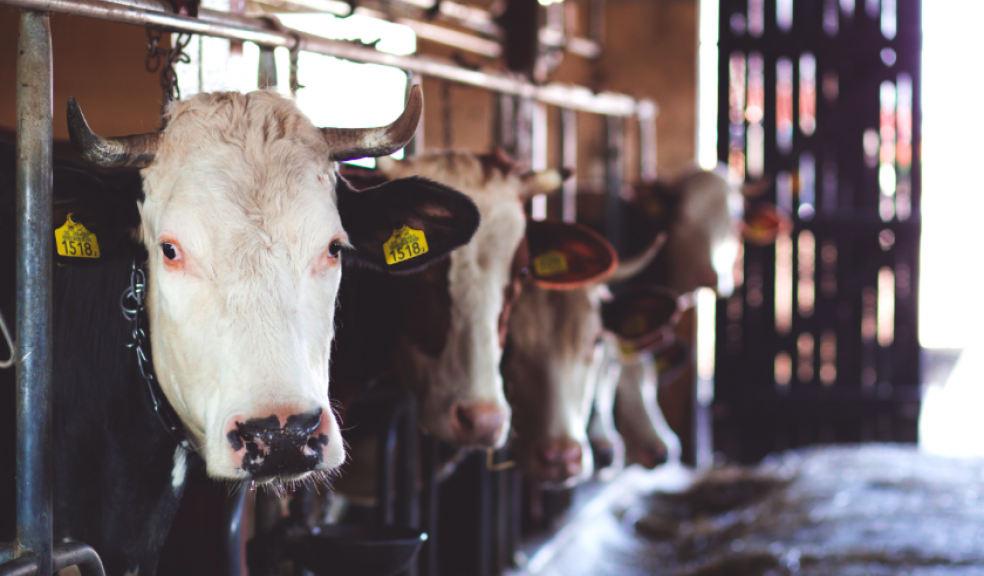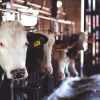
Devon’s farmers ‘at a crossroads’ as election nears
Devon’s farming leaders are calling on those in the industry to cast their votes carefully in the forthcoming general election and support candidates who pledge to back British farming.
With the crucial vote now just over three weeks away, and with the main parties in the process of publishing their manifestos, now is a good time to assess their commitment to agriculture, the food industry and the wider rural economy.
“Farming in the West Country is at a crossroads. We are facing the sort of decision which only comes once in a generation, so after the election it is vital we have a ministerial team which understands the needs of agriculture,” said Devon NFU county chairman Jim Stephens.
There is also a need to increase farmers’ confidence in the ability of Defra and its agencies to deliver farming support schemes promptly and efficiently, and speaking just ahead of the Devon County Show, the first major gathering of the agricultural show season, Richard Tucker, a young farmer who runs a dairy farming business just outside Tiverton and is vice chairman of Devon NFU, said farmers should not be afraid to ask candidates what their intentions are.
“We need to be asking them some serious questions about what they are planning to do to support the industry and make it clear that if sufficient answers are not forthcoming we will be casting our votes accordingly.
“It’s not a question of expecting special treatment, there are some very good reasons why we are asking election candidates to take farming seriously. Our industry is worth nearly £500 million to the county’s economy, directly employs more than 18,000 people and produces quality food. This is why it is vital that politicians give us their support.
“And of course we are not just talking about farming here – the decisions we are taking now will have an impact on the whole rural community that farming underpins. Everyone from machinery suppliers and seed merchants to food manufacturers and tourism businesses like campsites depend on a profitable farming sector.”
A recent NFU report looking at the dairy sector in the South West found that farmers spent £48.7 million a year on machinery, £333 million on animal feed and £29.4 million on vets bills. About six million tourists visit Devon every year – many of them coming to enjoy some fine food and admire a landscape maintained by farming – spending a further £2.1 billion.
“Farming is a long-term industry and younger farmers like me, who are hoping to be in the industry for many more years, we need the confidence to be able to plan for the future and invest in our businesses,” said Mr Tucker.
This election is also likely to be particularly important because of the impact it may have on Brexit negotiations. With the expiry of the Government’s pledge to continue farming support until 2020 growing closer by the day and with no real clarity about what kind of system may replace it, there are calls for some kind of transitional arrangement for farm support to be announced.
“This support is critical to the bottom line for many farmers. We have already seen the impact that the delays in processing Basic Payment Scheme claims and the slow progress made by Natural England with Countryside Stewardship schemes have had on balance sheets,” said Jim Stephens, who farms near Crediton.
“If these sources of income are suddenly cut off it will cause a lot of problems for many people and make it very difficult to compete with cheap imports, so we expect the new government to allow sufficient time for replacement policies to be introduced.”
The NFU’s election manifesto also calls on the new government to announce what the rules for EU migrants will be after the free movement of people comes to an end, to make sure tariff-free trade with Europe can continue and to protect against the import of food produced to lower standards than those in the UK.

















